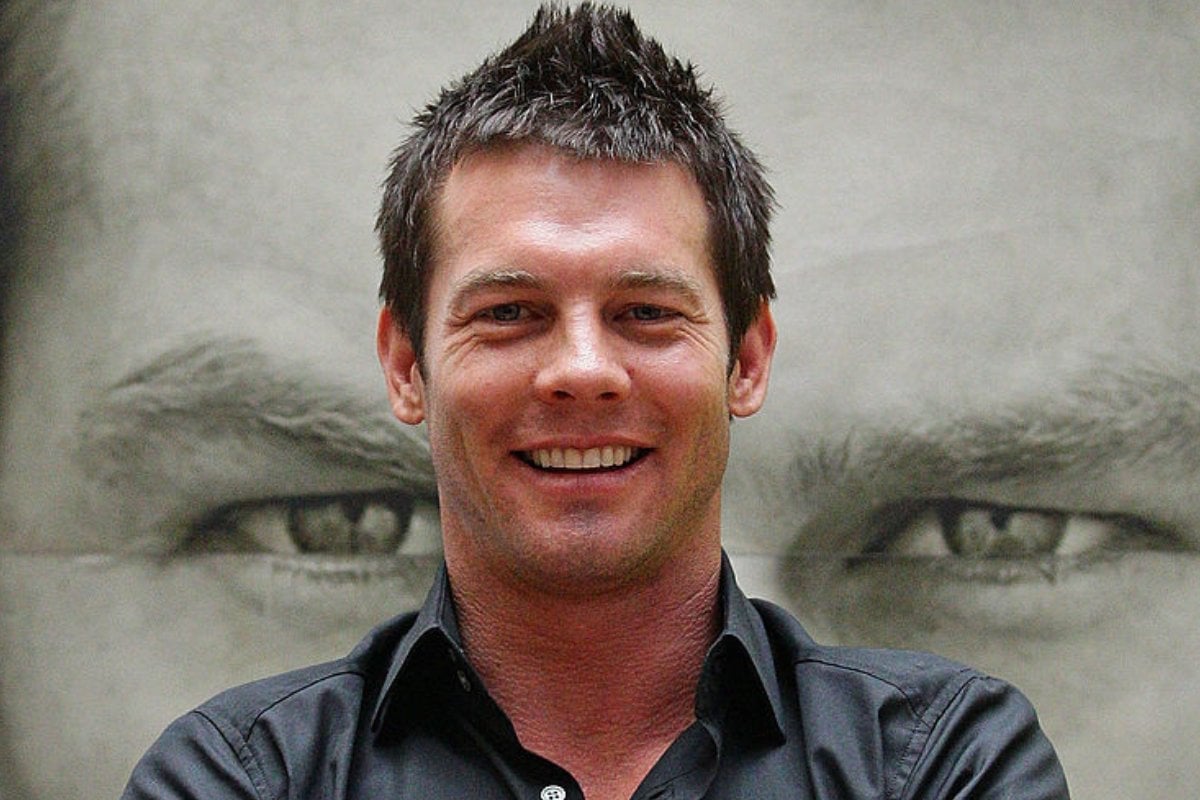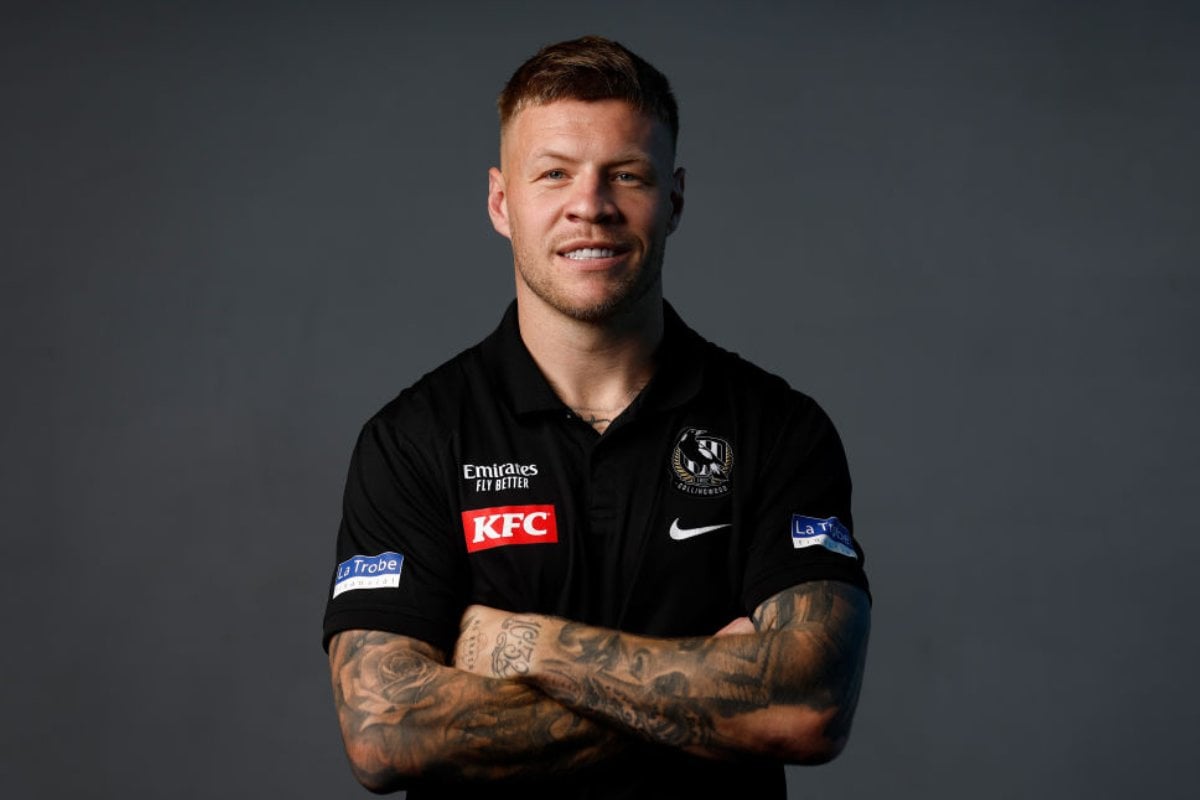
This story includes descriptions of domestic violence and drug addiction.
While footy fans might speculate about the winner, in the days leading up to the AFL’s Brownlow Medals, the media (and let’s be honest, most of us) are usually more preoccupied with the glam outfits worn by the WAGs.
This year though, the media was abuzz about something else. The return of 'troubled' AFL 'legend', Ben Cousins.
The comeback! The return to glory!
 Image: Getty
Image: Getty




Top Comments